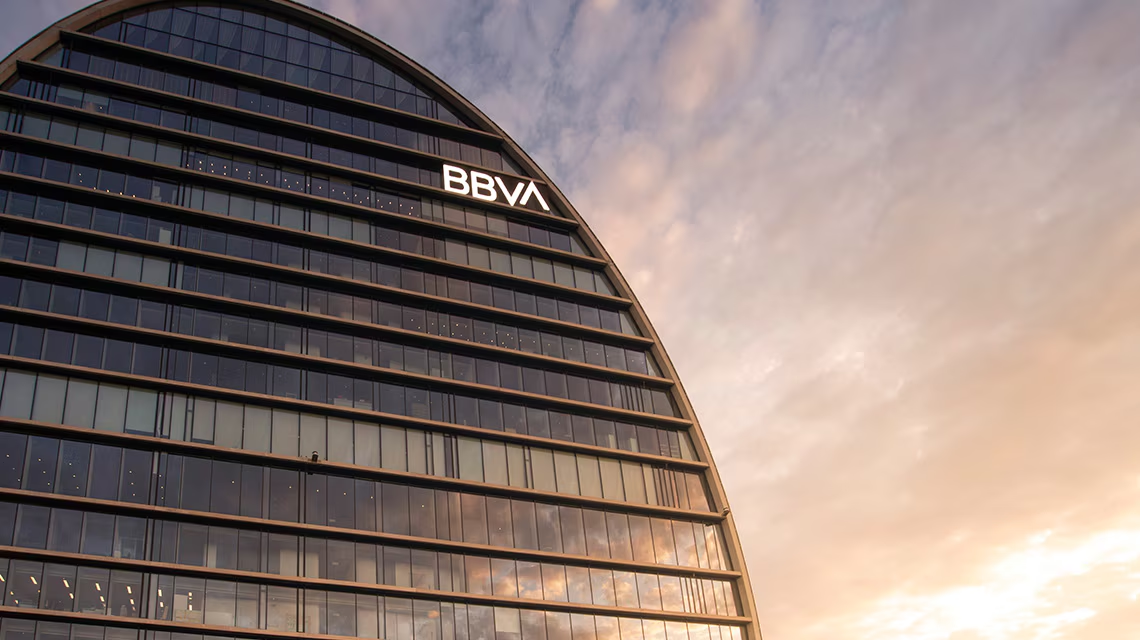Mitarbeiter am Unternehmen zu beteiligen, ist klug für Firmen. Die vermeintlich Glücklichen aber sollten aufpassen. Gerade bei Start-ups sind Anteile als Lohnersatz eine hochriskante Wette, die gerne auch mal prekäre Arbeitsverhältnisse kaschieren sollen.
Die Payment & Banking-Szene ist unzweifelhaft niemals langweilig. Kein Monat vergeht, ohne dass neue Produkte, Banken, Fintechs und Payment-Lösungen auf den Markt kommen. Aber wer braucht das eigentlich alles und muss man das alles gut finden? Unser Autor Nils Wischmeyer beleuchtet in seiner Kolumne „Nils nörgelt“ ab sofort monatlich ein Produkt, Thema oder eben den „letzten heißen Scheiß“. Etwas zu meckern gibt es schließlich (fast) immer.
Den Plänen des Olaf Scholz fehlt es selten an schönen Worten und Versprechen. In einem Interview mit der FAZ sagte er zuletzt, wie wichtig eine „blühende Start-up-Szene“ sei, schon wegen der “Innovationsfähigkeit der Wirtschaft”. So „junge Unternehmen sollen richtig durchstarten“ ließ er wissen und verband das mit einem Versprechen: Die Mitarbeiterbeteiligung soll einfacher werden und die Arbeiter profitieren, vom Exit oder dem Börsengang – und dann wieder investieren.
Am liebsten wird in der Finanzbranche in dieser Diskussion auf Paypal verwiesen. Der Bezahldienst, der die sogenannte Paypal Mafia hervorbrachte, Gründer oder Mitarbeiter, die nach dem Milliarden-Exit reich und berühmt waren – und ihr Geld wiederum in das Ökosystem des Silicon Valley pumpten. Ein wahrer Traum für jeden Unternehmer, Gründer und Politiker.
Beteiligungen statt Lohn: Das ist ein großes Risiko für Mitarbeiter
Die Bundesregierung will das auch, und der Plan ist erst einmal nobel. Der Freibetrag für Mitarbeiterbeteiligungen soll erhöht und die Anteile erst dann besteuert werden, wenn sie auch zu Geld werden. Darüber hinaus sollen sie, um den Paypal-Effekt zu schaffen, steuerfrei bleiben, wenn das Geld wiederum ins Ökosystem investiert wird. Damit gehen die Politiker auch auf die Wünsche des Start-up-Verbands ein, der sich mehr Mitarbeiterbeteiligung wünscht, um Deutschland als Standort attraktiver zu machen.

Doch Mitarbeiter sollten an dieser Stelle aufpassen: Denn Gründer könnten mithilfe der Beteiligung die eher prekären Arbeitsverhältnisse und niedrigen Gehältern für viel Zeit und Nerven kaschieren. Das bringt zwar den Gründern viel, den Mitarbeitern aber rein statistisch gesehen eher Verluste.
Nicht falsch verstehen: Für Unternehmen ist das Instrument „Mitarbeiterbeteiligung“ extrem sinnvoll. Die Mitarbeiter motiviert es, sie arbeiten härter und hängen für den eigenen finanziellen Erfolg vielleicht die ein oder andere Stunde extra dran. Für Gründer ist es ebenfalls lukrativ, weil sie Mitarbeiter stärker binden und gleichzeitig Loyalität schaffen können. Für Angestellte in großen Unternehmen ist es zudem sinnvoll, weil die Wahrscheinlichkeit, dass Bayer, BASF oder Adidas von heute auf Morgen insolvent sind, doch gering ist, das Risiko klein.
Nur eines von zehn Startups überlebt. Deswegen: Augen auf!
Ganz anders aber sieht das bei Start-ups aus. Dort wird immer gern die Geschichte von Paypal erzählt. Was viele vergessen: Paypal ist ein Unternehmen aus vielleicht zehn Millionen, das es so weit gebracht hat. Im Durchschnitt überlebt eines von zehn Start-ups die ersten drei Jahren und damit auch nur der Traum eines einzelnen Gründers und seiner paar auserkorenen Mitarbeiter, dass ihre Anteile vielleicht mal zu Geld werden. Der Rest geht leer aus.
Die Mitarbeiter in Start-ups sollten sich keiner Illusion hingeben: Wenn Gründer ihnen Anteile statt Geld anbieten, machen sie das nicht unbedingt, um den Glücklichen künftigen Reichtum zu ermöglichen, sondern möglicherweise eher, um die schlechte Bezahlung zu verdecken. “Wir zahlen miserabel, aber eines Tages wirst du dank der Anteile reich”, so lautet das Versprechen. Und die Realität? Die sieht anders aus.

Wenn nur eines von zehn Start-ups überlebt, fehlt den Mitarbeitern aus neun von zehn Start-ups nach ein paar Jahren eine nette Summe auf dem Konto. All die Überstunden, Extra Arbeiten und die ausgelassene Lohnerhöhung, weil man doch mit mehr “Spirit” dabei ist? Sie sind dann nichts mehr wert.
Ein Exit oder ein Börsengang ist kein Automatismus
Oder vielleicht sind es sogar alle Mitarbeiter, die leer ausgehen. Denn ein Exit oder ein Börsengang sind längst kein Automatismus, auch wenn diese Geschichte gern so erzählt wird. Und selbst in einem Glücksfall bleibt die Frage: Ist mein Anteil dann wirklich so viel wert, dass ich einen vorherigen Verlust des Einkommens hinnehmen kann? Für Gründer ist eine Mitarbeiterbeteiligung fast immer reizvoll, weil sie entweder vorher bereits ein gutes Gehalt beziehen oder aber besonders viel kassieren, wenn das Unternehmen verkauft wird. Für die Mitarbeiter ist der Gewinn hingegen stark begrenzt, der Verlust aber wiegt schwer.
Beteiligungen können ein vernünftiges Instrument sein, wenn sie unabhängig vom Gehalt verhandelt werden.
Man sollte natürlich nicht unterstellen, dass jede Gründerin und jeder Gründer so denkt und handelt. Auch können Beteiligungen ein vernünftiges Instrument sein, wenn sie unabhängig vom Gehalt verhandelt werden. Ist das aber nicht oder nur eingeschränkt der Fall, schafft das Instrument den Anreiz, die Mitarbeiter in der Hoffnung auf künftigen Reichtum in die Selbstausbeutung zu treiben. Und das ist doppelt bedenklich. Denn wenn sich “Anteile statt Kohle” in der Branche durchsetzt – auch, weil es einfacher wird – bringt das am Ende womöglich Nachteile für die, die gerne Gehalt im Hier und Jetzt hätten. Sie könnten übergangen werden, weil ein anderer für Anteile statt Geld arbeitet – verflucht sei der, der den ersten Deal annimmt.





